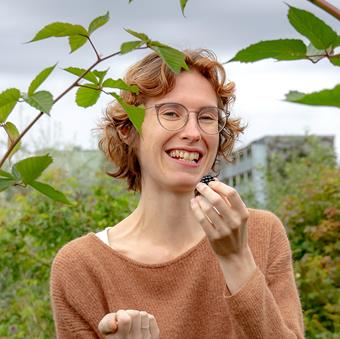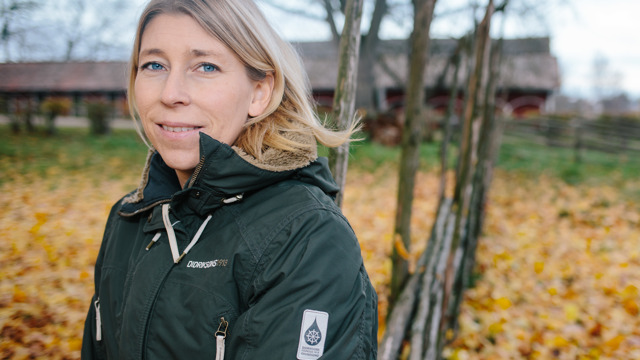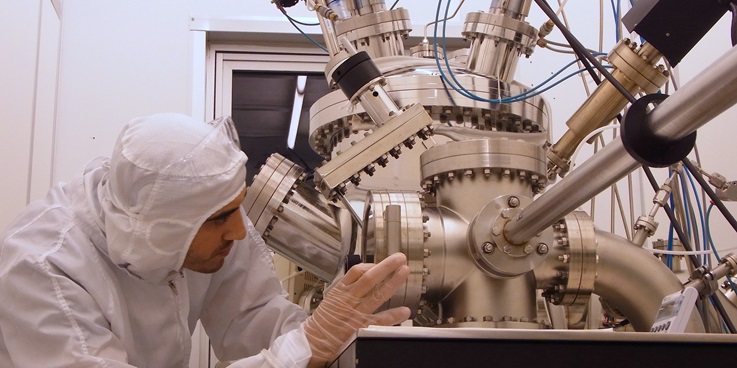Members of the division have different academic backgrounds. This includes biology, mathematics, and natural resource science.
Ecological and Environmental Modeling (ECOMOD)
Research in the division of Ecologiscal and environmental modelling is united through the use of mathematical modelling and a commitment to a systems approach. We study the structure, dynamics, and sustainability outcomes, of a wide diversity of ecological and socio-ecological systems.
Although our work often uses large datasets, what we study varies widely: From a food-web in the Baltic sea to disease spread in livestock across the whole United States, and all the way up to global agricultural nutrient yield gaps.
Members of the division have different academic backgrounds. This includes biology, mathematics, and natural resource science.
Members of the division have different academic backgrounds. This includes biology, mathematics, and natural resource science.
Contact
Research groups
Wennergren Group
Barabas Group
Other affiliated researchers
Research
Education
News
Address
Visiting address
Campus Valla, Building F
Mail address
Linköping University
IFM
581 83 Linköping










